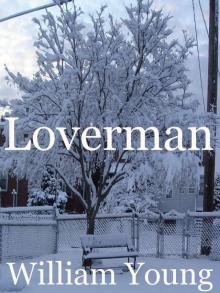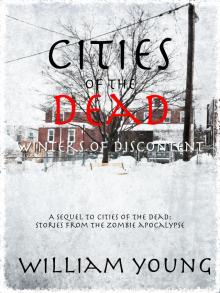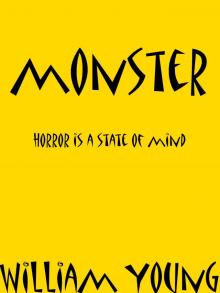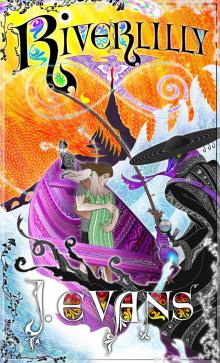_preview.jpg) Waiting for the Great Leap Forward (Cities of the Dead)
Waiting for the Great Leap Forward (Cities of the Dead)_preview.jpg) Days Go By (Cities of the Dead)
Days Go By (Cities of the Dead)_preview.jpg) All Hell Breaks Loose (Cities of the Dead)
All Hell Breaks Loose (Cities of the Dead) The Signal
The Signal_preview.jpg) The Third Time is the Harm (Cities of the Dead)
The Third Time is the Harm (Cities of the Dead)_preview.jpg) The Lazarus Question (Cities of the Dead)
The Lazarus Question (Cities of the Dead)_preview.jpg) What are Little Zombies Made of? (Cities of the Dead)
What are Little Zombies Made of? (Cities of the Dead) Loverman
Loverman Cities of the Dead: Winters of Discontent
Cities of the Dead: Winters of Discontent_preview.jpg) Death Takes a Holiday (Cities of the Dead)
Death Takes a Holiday (Cities of the Dead) Monster
Monster_preview.jpg) The Undeath of Rob Zombie (Cities of the Dead)
The Undeath of Rob Zombie (Cities of the Dead) Riverlilly
Riverlilly_preview.jpg) Killing Country Music (Cities of the Dead)
Killing Country Music (Cities of the Dead)